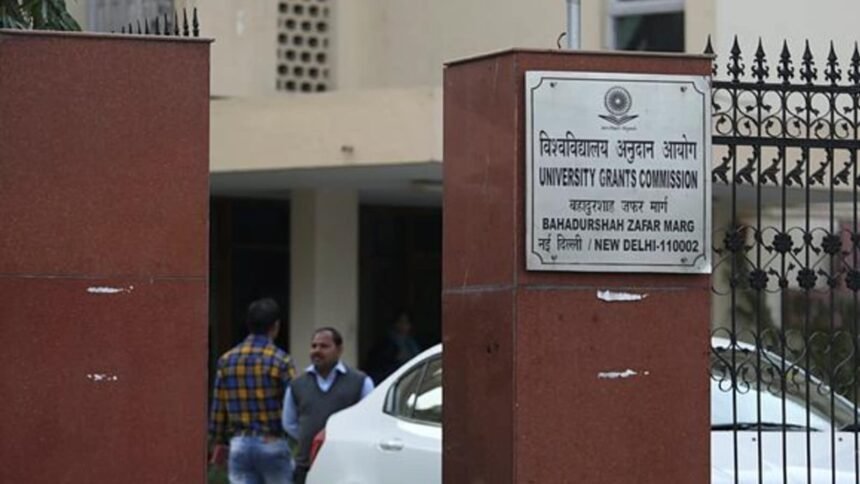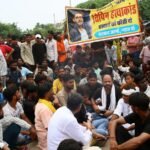The University Grants Commission (UGC) on Monday issued a showcause notice to Kalinga Institute of Industrial Technology (KIIT) in Bhubaneswar after a panel constituted by the UGC found that the institute failed to take a “lawful decision” in two sexual harassment complaints made by a student from Nepal who died by suicide in February.
A four-member committee, headed by former IGNOU vice chancellor Nageshwar Rao, was constituted by the UGC to look into the incidents after another KIIT student from Nepal died by suicide in May.
The committee found that the university’s internal complaints committee (ICC) “failed to take lawful action in reported sexual harassment cases”.
“There was no transparency. Protocols for investigation were not followed. The girl had made sexual harassment complaints to the administration twice, much before this tragic incident. In both complaints, they decided to go for illegal compromises. Under sexual harassment complaints, the grievance is to be decided lawfully. The university has the power to punish the boy even when the first complaint was lodged. Instead of punishment, they favoured the boy by pushing a forced illegal compromise with the girl… This suicide case could have been averted. Members of the committee and senior administrative personnel of the university are liable for criminal punishment as per law,” the committee’s report, which was submitted to the UGC in May, noted.
The student was found dead in her KIIT hostel room in February, in an incident that sparked major protests. A third-year student was arrested in connection with the suicide. In May, another student from Nepal was also found dead in her hostel room.
The UGC’s showcause notice to KIIT said this “raised serious concerns regarding the mental health support system, safety protocols, and administrative response mechanisms prevailing in your institution”.
Pointing out that the fact-finding committee the UGC constituted in May to look into the incidents “identified critical lapses that contributed to the escalation of events”, the UGC has asked KIIT to explain within seven days why disciplinary or legal action should not be initiated against it.
Story continues below this ad
If the institute fails to respond, the UGC has warned of action, including barring it from any expansion in terms of diversification of new courses or programmes of study, and establishment of off-campuses or off-shore campuses for a period of time.
The UGC has also warned of the closure of courses, programmes of study, or departments, or withdrawal of the institution’s status as a deemed-to-be university.
The committee also pointed to other findings. “The university lacked a structured mentoring system. There was no evidence of active tutor-mentor engagement or early distress identification, especially for first-year students living away from home,” it said. It also pointed to “flaws in emergency management” — “no drills, assigned personnel or mental health first responders”.
Pointing to “disproportionate intake”, the committee noted “an extremely high number of students (more than 30,000) on campus, with infrastructure not scaled proportionately”.
Story continues below this ad
On the protests that ensued after the death of the student in February, the committee noted that university officials used “brute force” to suppress student protests.
“Responding to escalating protests, the KIIT university administration declared a ‘sine die’ closure, instructing Nepali students to vacate their hostels… This order is discriminatory and limited to this group of Nepalese students… By the evening of the same day, around 5 pm, the administration withdrew the ‘sine die’ order,” the report stated.
The committee comprised Prof Shashikala Wanjari, V-C of National Institute of Educational Planning and Administration; Prof HCS Rathore, former V-C of Central University of South Bihar; and Sunita Siwach, Joint Secretary of UGC.
Sources in KIIT said they were yet to receive any communication from the UGC.








